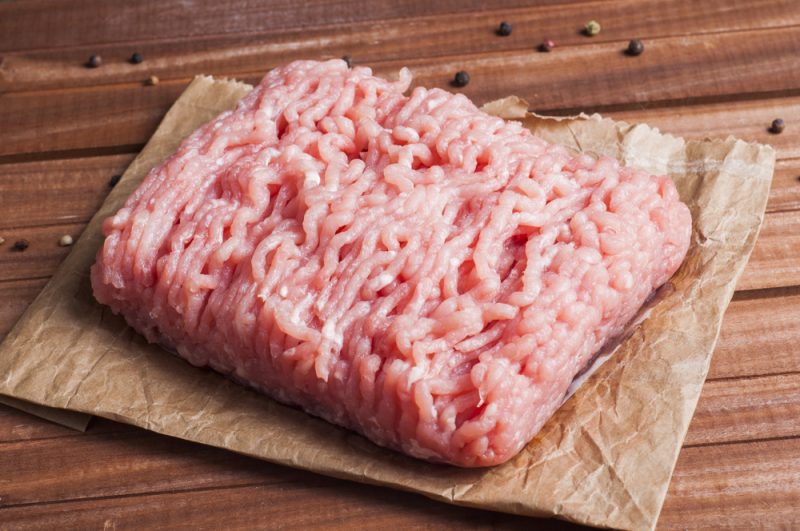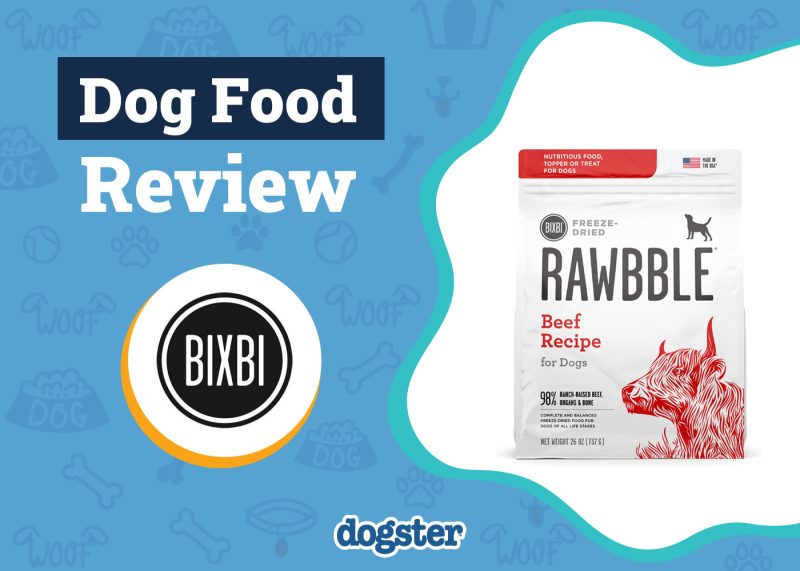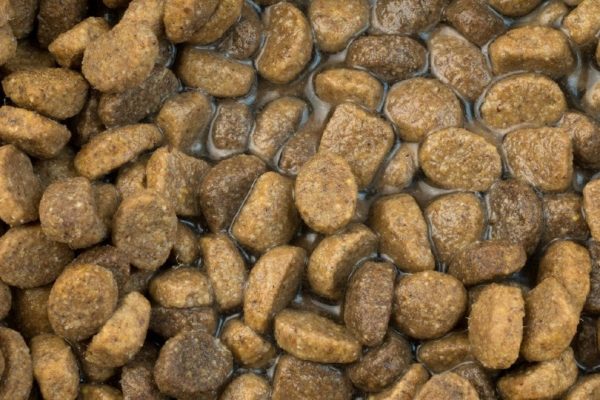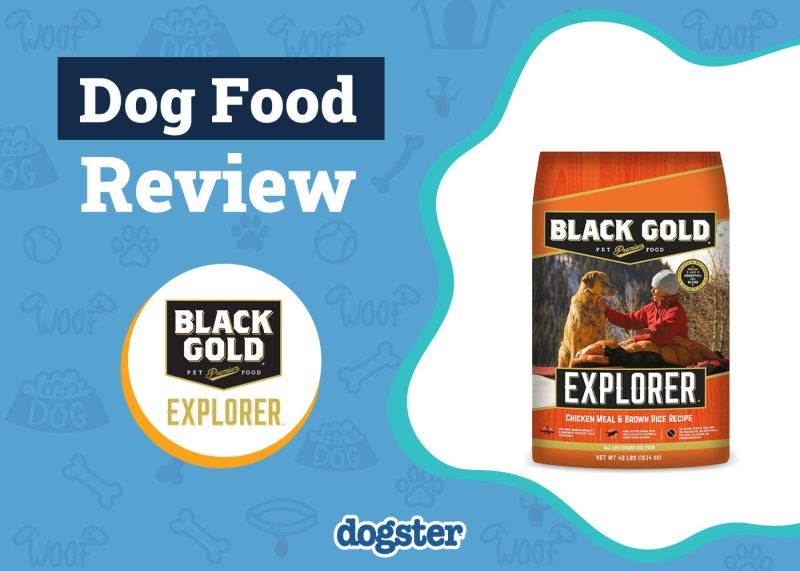Castor oil has been used for thousands of years in traditional medicine, including as a laxative, even for pets. And while it might seem like a harmless, natural fix for your dog’s tummy troubles or skin irritation, this old-school remedy comes with some very modern risks.
Sure, it can work under specific conditions and with strict veterinary guidance. But if used the wrong way, or without understanding the dangers, castor oil can do far more harm than good. Here’s what pet parents need to know before reaching for that bottle.

Why Castor Oil Isn’t a Go-To Treatment Anymore
Castor oil is made by cold-pressing the seeds of the castor plant. The beans themselves contain ricin, a toxic compound that’s deadly to dogs. But the oil, after proper processing, no longer contains this toxin. Instead, it’s packed with ricinoleic acid, which stimulates the intestines and causes the body to flush out waste. That’s why it was once used as a fast-acting laxative in both humans and pets.
However, the intense bitter taste, combined with a long list of side effects, has made it fall out of favor in veterinary medicine. Castor oil can cause vomiting, diarrhea, dehydration, and even aspiration pneumonia if your dog accidentally inhales it while being given the oil orally. These aren’t just minor inconveniences; they can be life-threatening.
And if your dog has a condition like inflammatory bowel disease, gastrointestinal blockages, or a perforated gut, castor oil can actually worsen the situation. It’s also unsafe during pregnancy, as it may cause uterine contractions. While it’s unclear whether it passes into breast milk in dogs, it’s generally best to avoid it during lactation, too.

Not Just a Gut Issue – Skin, Tumors & More
Some pet parents have tried using castor oil topically, especially for skin irritations or minor wounds. In some cases, it may help moisturize or soothe. But allergic reactions are possible, especially in dogs with sensitive skin. And here’s the catch: dogs lick themselves. If your pup starts licking the oil off, they could experience the same side effects as if they’d ingested it: vomiting, diarrhea, and worse.
As for using castor oil to treat tumors, there’s no evidence that it works. While castor oil may reduce inflammation around the site, it doesn’t shrink or kill cancer cells. If you find a lump on your dog, always consult your vet, as early diagnosis and removal can be life-saving.
If You Do Use It – Here’s What You Need to Know
If your veterinarian recommends castor oil, it’s usually for specific short-term cases of constipation, and even then, it’s not their first choice. The safest approach is to mix a small, vet-approved amount into wet food. Never squirt it directly into your dog’s mouth, as this increases the risk of aspiration.
For skin use, a “castor oil pack” may be applied to the affected area. But don’t use heat, as dogs can’t tell you when something’s burning them. Always patch-test a tiny bit first to check for irritation or allergic reactions. If you’re unsure or your dog shows any sign of discomfort, stop immediately and consult your vet.
And if you happen to miss a dose of castor oil, don’t worry, there’s usually no harm done, aside from delayed effects. Just don’t double up. Always check in with your vet before continuing or adjusting the dose.
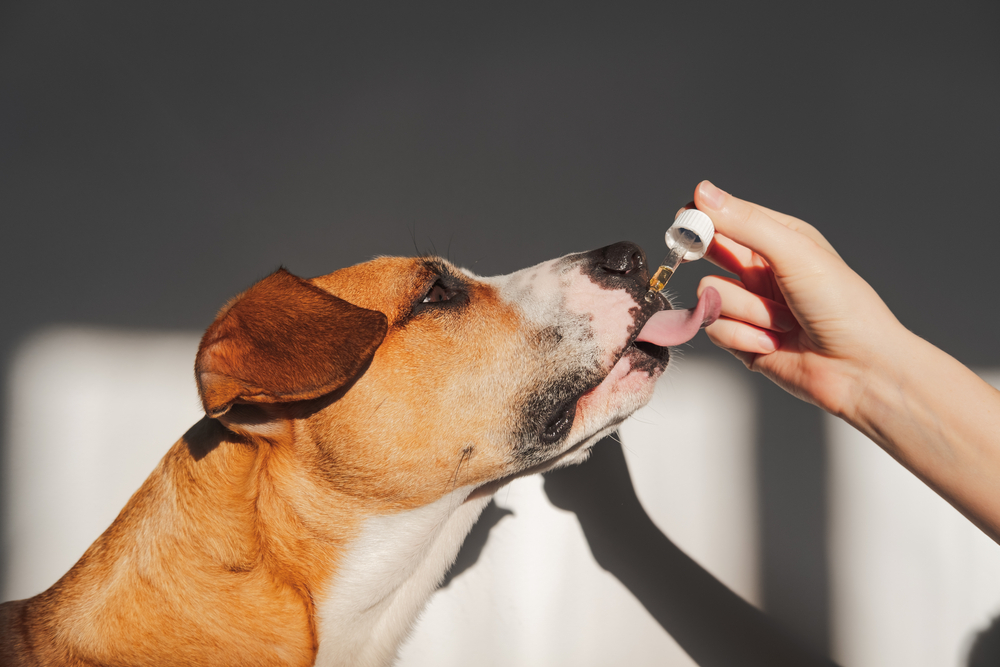
Safer Alternatives for Common Issues
If your dog is struggling with constipation, there are better and safer options than castor oil. Gentle remedies like boiled pumpkin or psyllium husk can work wonders in mild cases. Over-the-counter laxatives designed specifically for dogs are also widely available. Just follow the label instructions or ask your vet which is best.
For skin health, oils rich in omega-3 fatty acids, like fish oil, are a great choice. If your dog has dry skin or dandruff, a little omega-6 from sources like evening primrose or corn oil may also help.

Final Thoughts: Castor Oil Isn’t One-Size-Fits-All
Castor oil may have earned its place in ancient remedies, but when it comes to modern pet care, it’s simply not a safe or reliable solution in most cases. The risks (from vomiting and dehydration to severe respiratory issues) are too serious to ignore, especially when safer alternatives exist.
If your dog is constipated, has skin issues, or you’re dealing with any health concern, your vet is your best partner in finding the right fix. Some natural remedies can be helpful, but only when they’re used respectfully and wisely. And with castor oil? That means supervision, precision, and lots of caution.
Did You Know?
- Our brand-new posts are rounded up and included in our weekly emails. Don’t miss out on the latest – sign up for our newsletter below!
Feature Image Credit: Matevz Kosterov, Shutterstock










